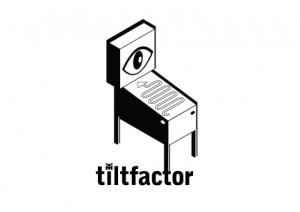One-Line C64 BASIC Music
Local sound artist/electronic musician Keith Fullerton Whitman released an extraordinary piece on the b-side of his November 2009 cassette hallicrafters, inc. The piece is called 10 poke 54272+int(rnd(1)*25),int(rnd(1)*256) : goto 10 and is 18 minutes of sound produced by a Commodore 64 emulator running the BASIC program that is the title of the piece.
The memory locations beginning at 54272 are mapped on the Commodore 64 to the registers of the SID (Sound Interface Device). By POKEing random values into them, the SID, although it is a musical chip, is stimulated to produce sounds in what probably seems like a non-musical way: based on the effect of register settings and the sequence produced by the system’s random number generator, a polynomial counter.








